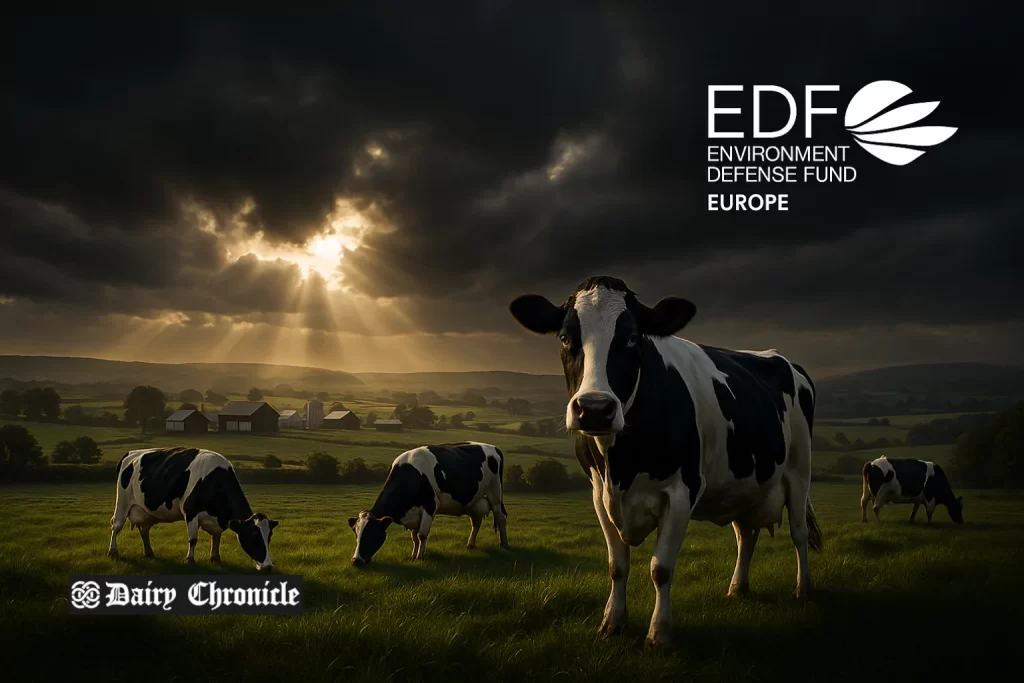Ireland’s dairy sector, a key economic driver for rural communities, is under pressure to reduce its environmental footprint. On June 10, 2025, a new sustainability framework was outlined through a collaboration between Environmental Defense Fund Europe (EDF Europe) and EIT Climate-KIC. This initiative introduces methane-reducing innovations and promotes carbon farming to align Irish agriculture with EU climate goals.
On June 10, 2025, Ireland’s dairy sector—central to its rural economy—is preparing for a major shift as environmental pressures mount. Agriculture in Ireland contributes approximately 38% of the country’s greenhouse gas emissions, significantly higher than the EU average. In response, two organizations—Environmental Defense Fund Europe and EIT Climate-KIC—have launched a joint sustainability initiative targeting methane emissions and supporting economic resilience in rural areas.
Although dairy farming represents less than 15% of Ireland’s farms, it generates nearly 60% of farm income and delivers exports worth €6.4 billion ($7.4 billion) annually. However, the environmental toll is pressing. The proposed sustainability model introduces a “four returns” framework focused on delivering environmental, economic, social, and inspirational value.
The upcoming transition emphasizes methane-reducing technologies and practices, improved biodiversity, and better water management. Initial research highlighted that Irish farmers prioritize a comprehensive farm system that balances profitability with sustainability rather than isolated emission metrics.
Implementation is set to begin in 2025, supported by secured funding. Farmers will be encouraged to adopt emission-reduction strategies, supported by training, tools, and incentives. This transition will be reinforced by Ireland’s upcoming National Carbon Farming Framework, which will align with the EU Carbon Removal Certification Framework, offering farmers certification opportunities and revenue through climate stewardship.
As Ireland moves toward a climate-smart agricultural model, cooperative engagement, technical support, and fair compensation will be essential to ensure that both the environment and rural livelihoods are safeguarded in this critical transformation.



